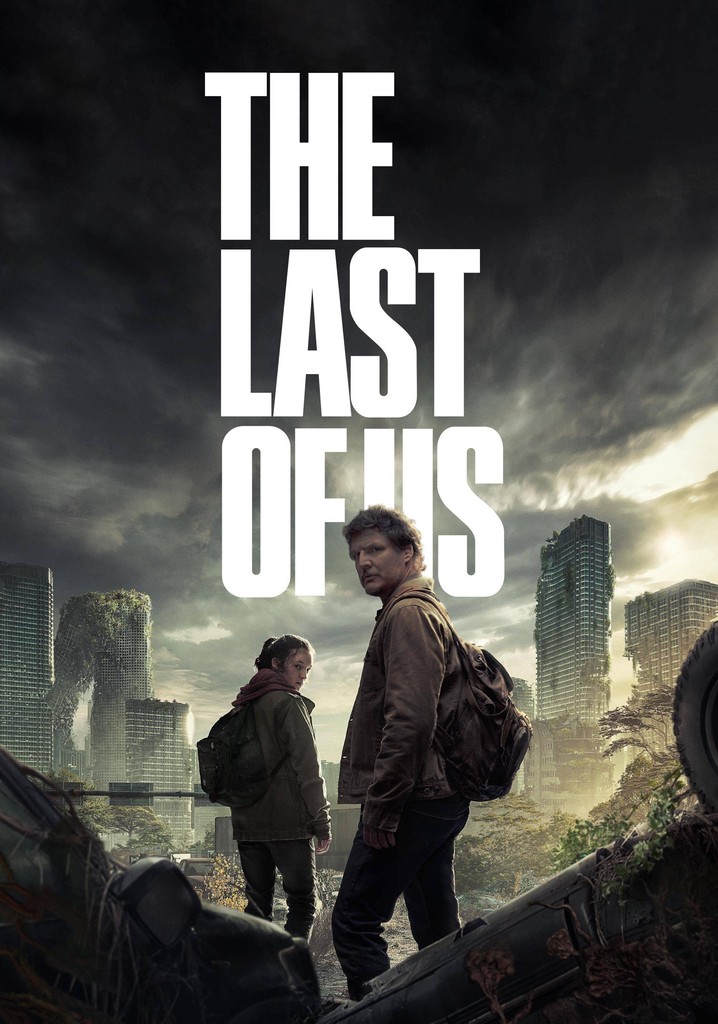
Genre: Post-Apocalyptic Drama / Action / Psychological Thriller
Platform: HBO / Disney+ Hotstar (India)
Starring: Pedro Pascal, Bella Ramsey, Kaitlyn Dever (as Abby)
Creators: Craig Mazin, Neil Druckmann
Rating: ★★★★☆ (4.5/5)
Introduction
The Last of Us – Season 2 is not just a continuation of Joel and Ellie’s journey—it’s a bold, emotionally devastating exploration of revenge, grief, and the painful consequences of love. Based on the critically acclaimed video game The Last of Us Part II, this season dives into darker territory, challenging both characters and viewers in ways that few TV shows dare.
Season 1 set the emotional foundation. Season 2 shatters it—and asks what remains afterward.
Story Summary (Spoiler-Free)
Set several years after the events of Season 1, Ellie (Bella Ramsey) is now a young adult living in the relatively peaceful settlement of Jackson with Joel (Pedro Pascal). Life seems stable, even hopeful. But that peace is short-lived.
A violent act early in the season sends Ellie on a brutal, emotional journey across a broken America—one that tests her beliefs, her morality, and her humanity. Along the way, we’re introduced to Abby (Kaitlyn Dever), a new character with her own perspective and pain. As the season progresses, the story shifts between their narratives, revealing how both women are shaped by love, loss, and vengeance.
This season doesn’t just follow one hero—it blurs the line between hero and villain, making you question everything.
Performances
Bella Ramsey as Ellie
Bella delivers a raw, haunting, and unforgettable performance. She plays an older, hardened Ellie struggling with rage and guilt. Bella’s portrayal is fearless—unafraid to show Ellie’s brokenness and violence, while still holding onto her humanity. Her emotional depth is the soul of this season.
Pedro Pascal as Joel
Though his screen time is less than in Season 1, Pedro’s presence looms large. His performance is quieter this time but just as powerful. Flashbacks and emotional moments between Joel and Ellie provide warmth and heartbreak. One episode in particular—where they visit an old museum—is tender and unforgettable.
Kaitlyn Dever as Abby
A controversial character from the game, Abby is given rich complexity here. Kaitlyn Dever humanizes her journey with a mix of strength, vulnerability, and inner turmoil. Whether you love or hate Abby, you’ll understand her. That’s the brilliance of the writing—and Kaitlyn’s performance.
Themes and Writing
This season tackles bold themes:
- Revenge and its emptiness
- Grief and forgiveness
- Empathy for the “enemy”
- Cycles of violence
- The cost of survival
The storytelling structure is unique and divisive. Half the season follows Ellie. The other half shifts to Abby, showing the events from her point of view. It’s an emotional gut punch—but it’s also necessary. The show forces viewers to sit with uncomfortable truths and realize that pain exists on both sides.
The pacing is more meditative than in Season 1. There are fewer infected, more character-driven moments. That might disappoint some viewers, but for others, it’s a brave and rewarding shift. This is not a zombie thriller—it’s a tragedy disguised as one.
Direction and Cinematography
The direction remains top-notch. Craig Mazin and Neil Druckmann maintain the cinematic tone of the first season, with stunning visuals, creative camera work, and an immersive atmosphere.
The post-apocalyptic landscapes—snow-covered towns, flooded cities, overgrown ruins—are hauntingly beautiful. One episode set in Seattle’s crumbling skyline feels like watching a high-budget film.
Music and Sound Design
Gustavo Santaolalla returns with his melancholic guitar score, and it’s as emotionally resonant as ever. Music is used sparingly but powerfully. The addition of original songs (including a moving rendition of “Future Days”) deepens the emotional impact.
Sound design also deserves praise. The silence is often more chilling than the violence. Every footstep, breath, and echo adds to the tension.
Pros
- Bella Ramsey’s transformative performance
- Deep, thought-provoking storytelling
- Balanced, complex portrayal of Abby
- Stunning visuals and music
- Faithful adaptation of key game moments with added emotional depth
Cons
- The story structure (switching perspectives mid-season) may frustrate viewers expecting a linear plot
- Some might miss the action and infected scenes from Season 1
- Certain characters and subplots feel rushed due to time constraints
Standout Episodes
- Episode 3 – “The Museum” (Flashback): A joyful, nostalgic escape into Joel and Ellie’s bond
- Episode 6 – “Wounds”: Ellie’s moral dilemma reaches its peak
- Episode 8 – “The Other Side”: Abby’s journey comes full circle, forcing emotional reckoning
- Episode 9 – “Salt Lake”: A haunting and controversial finale that mirrors the game’s powerful ending
Final Verdict
The Last of Us – Season 2 is not an easy watch—but it’s a necessary one. It’s bold, unapologetically emotional, and masterfully crafted. It may divide opinions, but it dares to ask big questions: What are we capable of when we’re hurting? Can hate be unlearned? Can broken people heal?
This season challenges everything you thought you knew from Season 1. It hurts, but it stays with you.
Rating: 4.5/5 – A courageous, heart-wrenching, and unforgettable chapter in modern storytelling.